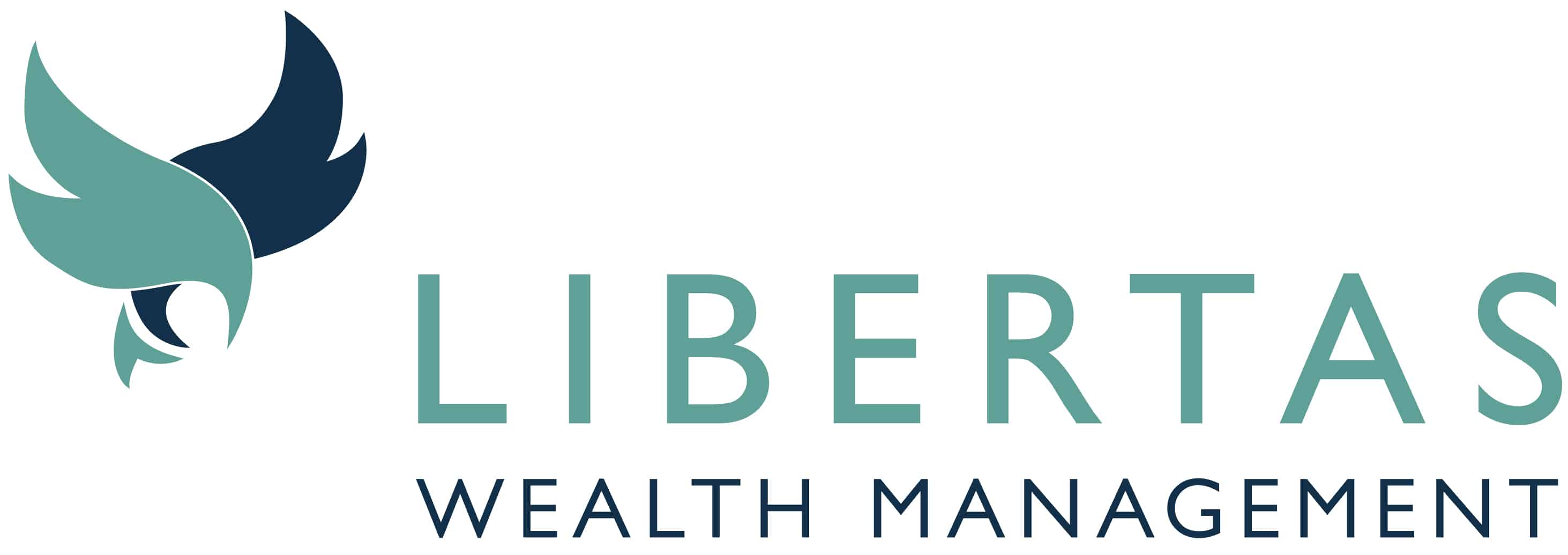In the past, the majority of people saved for retirement over their working life, gave up work on a set date and used their pension savings to purchase an Annuity. However, as retirement lifestyles have changed, so to have the options you’re faced with as you approach the milestone. If you’re nearing retirement, you may be wondering if an Annuity or Flexi-Access Drawdown is the right option for you.
Since 2015, retirees have had more choice in how they access a Defined Contribution pension. If you want your pension to deliver a regular income, there are two main options – an Annuity or Flexi-Access Drawdown – to weigh up. So, what are they?
Annuity: An Annuity is a product you purchase using your pension savings. In return for the lump sum, you’ll receive a regular income that is guaranteed for life. In some cases, this can be linked to inflation, helping to maintain your spending power throughout retirement. As the income is guaranteed, an Annuity provides a sense of financial security but doesn’t offer flexibility.
Flexi-Access Drawdown: With this option, your pension savings will usually remain invested and you’re able to take a flexible income, increasing, decreasing or pausing withdrawals as needed. Flexi-Access Drawdown provides the flexibility that many modern retirees want. However, as savings remain invested they can be exposed to short-term volatility and individuals have to take responsibility for ensuring savings last for the rest of their life.
There are pros and cons to both options, and there’s no solution that suits everyone when considering which option should be used. It’s essential to think about your situation and goals at retirement and beyond when deciding.
It’s worth noting, that pension holders can choose both an Annuity and Flexi-Access Drawdown when accessing their pension. For example, you may decide to purchase an Annuity to create a base income that covers essential outgoings, then using Flexi-Access Drawdown to supplement it when needed. It’s important to strike the right balance and other options could affect your decision too, such as the ability to take a 25% tax-free lump sum.
5 questions to ask before accessing your pension
1. What reliable income will you have in retirement?
Having some guaranteed income in retirement can provide peace of mind and ensure essential outgoings are covered. But this doesn’t have to come from an Annuity. Other options may include the State Pension or a Defined Benefit pension.
Calculating your guaranteed income can help you decide if you need to build a reliable income stream or are in a position to invest your Defined Contribution pension savings throughout retirement. If you decide Flexi-Access Drawdown is an appropriate option for you, it’s a calculation that can also inform your investment risk profile.
2. What lifestyle do you want in retirement?
When we think of retirement planning, it’s often pensions and savings that spring to mind. However, the lifestyle you hope to achieve is just as important. Do you hope to spend more time on hobbies, with grandchildren or exploring new destinations, for instance? Thinking about where your income will go, from the big-ticket items to the day-to-day costs, can help you understand what income level you need.
3. Do you expect income needs to change throughout retirement?
The second question should give you an idea of how your income will change throughout retirement. Traditionally, retirees see higher levels of spending during the first few years before outgoings settled, with spending rising in later years again if care or support was needed.
However, your retirement goals may mean your retirement outgoings don’t follow this route. If you decide to take a phased approach to retirement, gradually reducing working hours, you may find that a lower income from pensions is required initially. Considering income needs at different points of retirement can help you see where flexibility can be useful.
4. Are you comfortable with investing?
Flexi-Access Drawdown has become a popular way for retirees to access their savings. There are benefits to the option but you should keep in mind that savings are invested. As a result, they will be exposed to some level of investment risk and may experience short-term volatility. Before choosing Flexi-Access Drawdown, it’s important to understand and be comfortable with the basics of investing.
Investment performance should also play a role in your withdrawal rate. During a period of downturn, it may be wise to reduce withdrawals to preserve long-term sustainability, for instance. This is an area financial advice can help with.
5. Do you have other assets to use in retirement?
Whilst pensions are probably among the most important retirement asset you have, other assets can be used to create an income too. Reviewing these, from investments to property, and understanding if they could provide an income too can help you decide how to access your pension.
We know that retirement planning involves many decisions that can have a long-term impact. We’re here to offer you support throughout, including assessing your options when accessing a pension. If you have any questions, please get in touch.
Please note: A pension is a long-term investment. The fund value may fluctuate and can go down, which would have an impact on the level of pension benefits available. Your pension income could also be affected by the interest rates at the time you take your benefits.
The tax implications of pension withdrawals will be based on your individual circumstances, tax legislation and regulation, which are subject to change in the future.
read more












